Is Trump the future of American political discourse?
SMU experts are available for interview on all things related to the results state of the presidential race.
Media Contact:
Kenny Ryan
214-768-7641
khryan@smu.edu
DALLAS (SMU) – SMU experts are available for interview on all things related to the results state of the presidential race. A full list of available faculty and their areas of expertise is available here.
FOREIGN POLICY WILL CHANGE
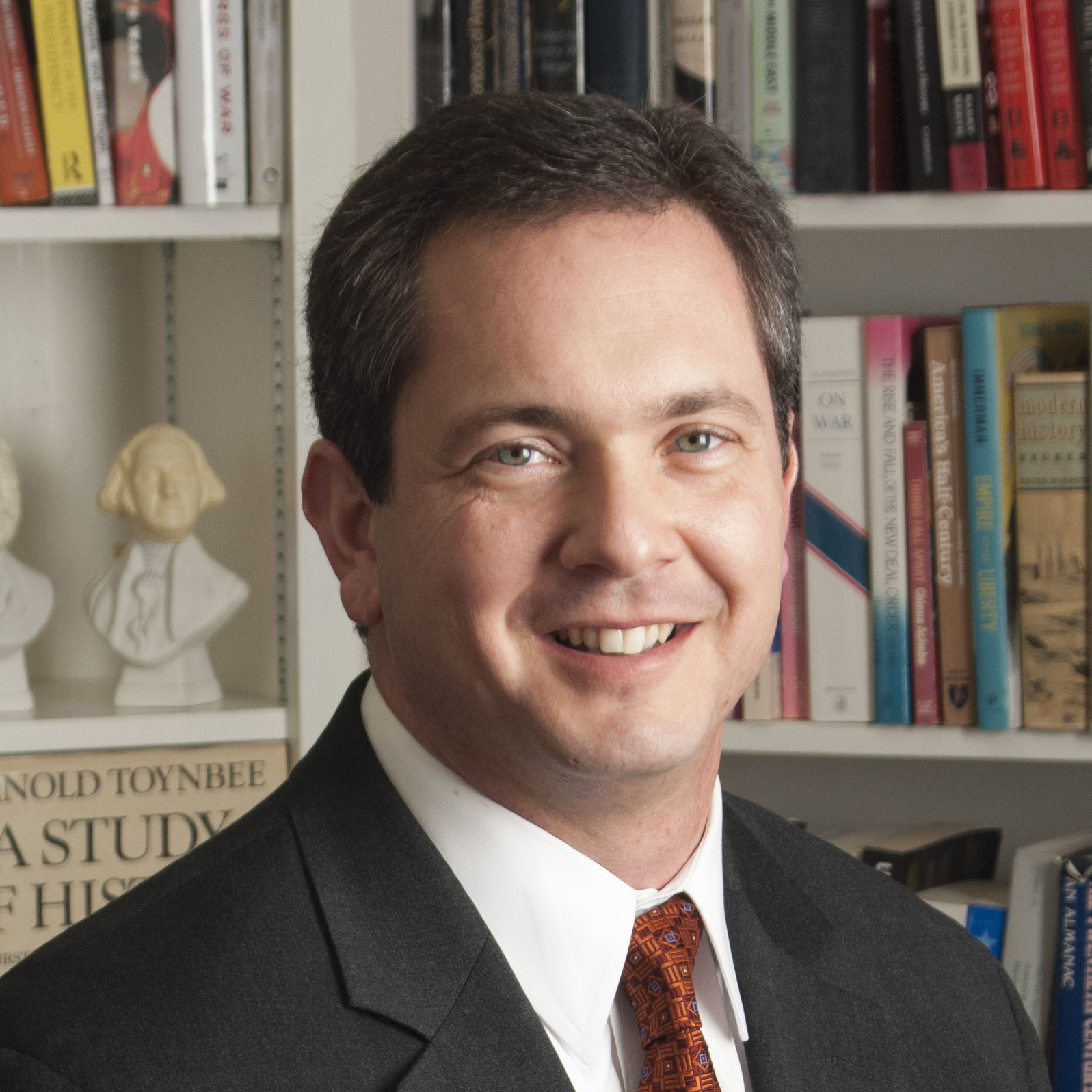
jaengel@mail.smu.edu
On what to expect from President Donald Trump…
- “The key thing I keep coming back to again and again this morning is that we have never since Andrew Jackson seen a president elected on such a fundamental program of change. But at the same time, we’ve also never elected president whose policy plans were so unknown and unexplained, especially on the international front. Americans, having now upset the apple cart nationally and internationally, are justified in wondering what the heck will happen next.”
On Trump’s ability to enact declared foreign policy…
- “As a general rule, the Congress and the courts have much more sway over domestic policy and, ever since Theodore Roosevelt and the development of the imperial presidency, Americans have by and large ceded foreign policy exclusively to the president. He is Commander in Chief, and he is also first among equals in the world. Trump now has an incredible blank canvas upon which to paint his vision of America and the world.”
On the future of civil American political discourse…
- “All bets are off. In the age of social media, much like with nuclear war, preemptive and preventive strikes are optimal. There will be a race to the bottom in civility in American politics from here on in, and that can’t mean anything good. We’ve seen an election where both sides of the aisle actively and consciously chose to believe what they wanted. In that environment critiques, insults and slander become facts unto themselves.”
Engel is director of the SMU Center for Presidential History.
Books published:
- When Life Strikes the White House: Death, Scandal, Sickness and Personal Tragedies in the Oval Office, Jeffrey A. Engel and Thomas J. Knock, eds. New York: Oxford University Press, 2017
- Into the Desert: Reflections on the Gulf War, Jeffrey A. Engel, ed. New York: Oxford University Press, 2012
- Rethinking Leadership and “Whole of Government” National Security Reform, with Joseph R. Cerami. Carlisle, Pennsylvania: Strategic Studies Institute, U.S. Army War College, 2010
SHOCKER WILL SEND DEMOCRATIC PARTY INTO IDENTITY TAILSPIN
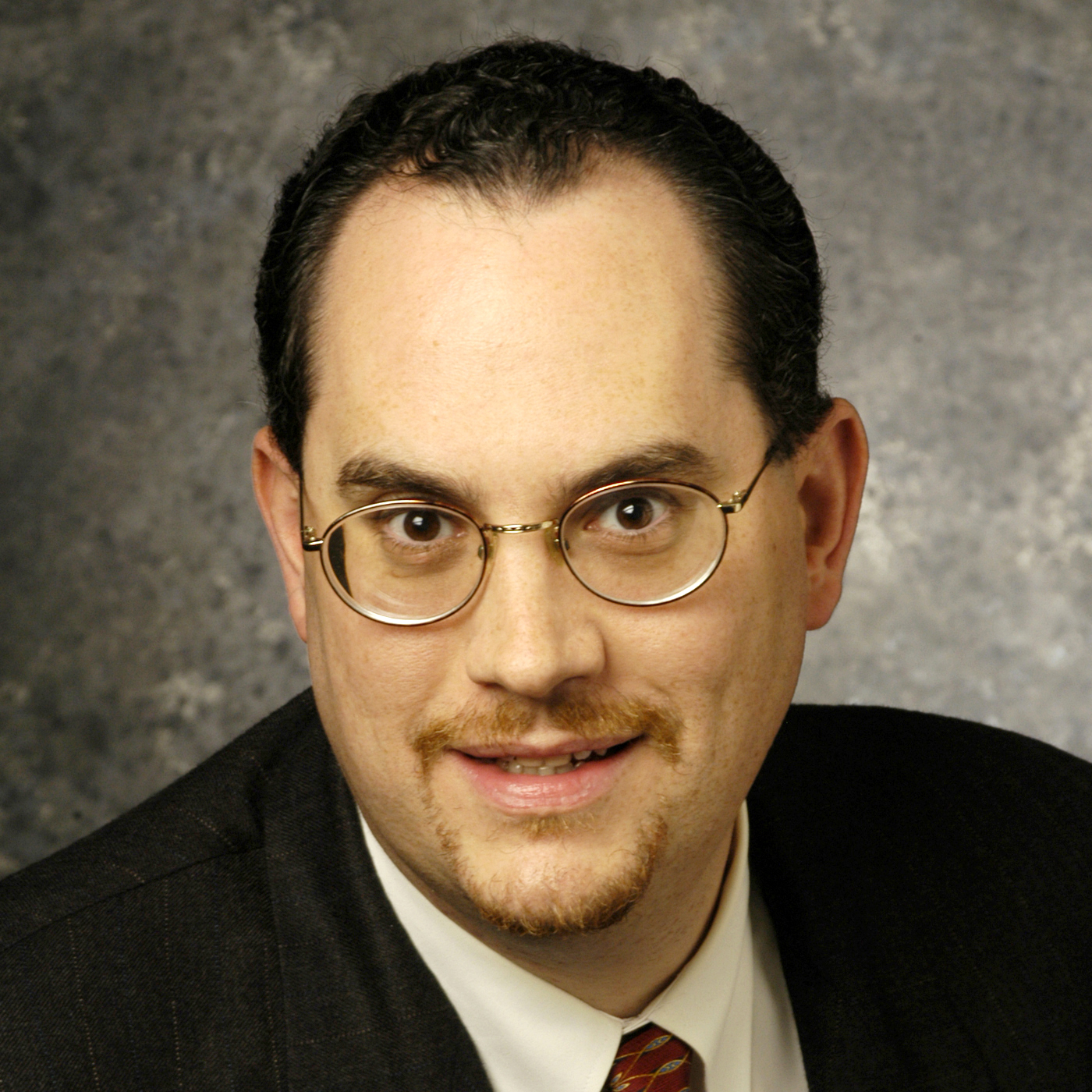
jmwilson@smu.edu
On the impact of this election on the political parties…
- “Everybody in their commentary had talked gloom and doom for the GOP, but instead the GOP emerges from this election in a totally dominant national position. They control both houses of Congress, the presidency and much of the local-level politics, and they are poised to maintain a conservative Supreme Court, so what a difference a day makes. It also means the Democratic party has some real soul searching to do because they are completely shut out of power at this point.”
On whether nativism and populism are the future of American politics…
- “Nobody will do it quite like Trump in the sense that he’s one of a kind, but it certainly showed blue-collar white America is not ready to go gently into that good night. They wanted to say we’re still here, we have political power, and they asserted it last night.”
Wilson is an SMU associate professor of Political Science.
Books published:
- Politics and Religion in the United States. With Michael Corbett and Julia Corbett-Hemeyer. Routledge Press, 2013.
- Understanding American Politics. With Stephen Brooks and Douglas L. Koopman. University of Toronto Press, 2013.
- From Pews to Polling Places: Faith and Politics in the American Religious Mosaic. Georgetown University Press, 2007. Edited volume including authored chapter.
ELECTORAL COLLEGE LEAVES MANY FEELING THIS ISN’T DEMOCRACY

samartin@mail.smu.edu
On the future of the electoral college…
- “What is the conversation about this discrepancy between the popular vote and the electoral college? Since 1992, only once have Republicans won the popular vote, and yet again they have captured the White House. For those people walking around wounded, this does not feel like American Democracy.”
On whether Trump’s acceptance speech took a step toward reconciliation…
- “Donald Trump gave an acceptance speech last night that I heard enough of. He said there had been a lot of wounds in this campaign and it was time to come together. That is one speech after a long campaign during which he caused a lot of the hurt that people are experiencing. He will continue to have to move in that direction. Even when it takes a long time for people to believe him.”
On why evangelicals voted for Trump in such strong numbers…
- “That was the Supreme Court. A lot of research needs to be done as to what that means, and how they will explain to themselves and their community what that support means and what they stand for.”
Martin is an SMU assistant professor of Communication Studies in the Meadows School of the Arts.
Can Discuss:
- economic messages in political campaigns
- presidential campaign strategy
- religious voters and evangelical social movements
‘VAGUE AND CONTRADICTORY’ FOREIGN POLICY VIEWS WORRISOME
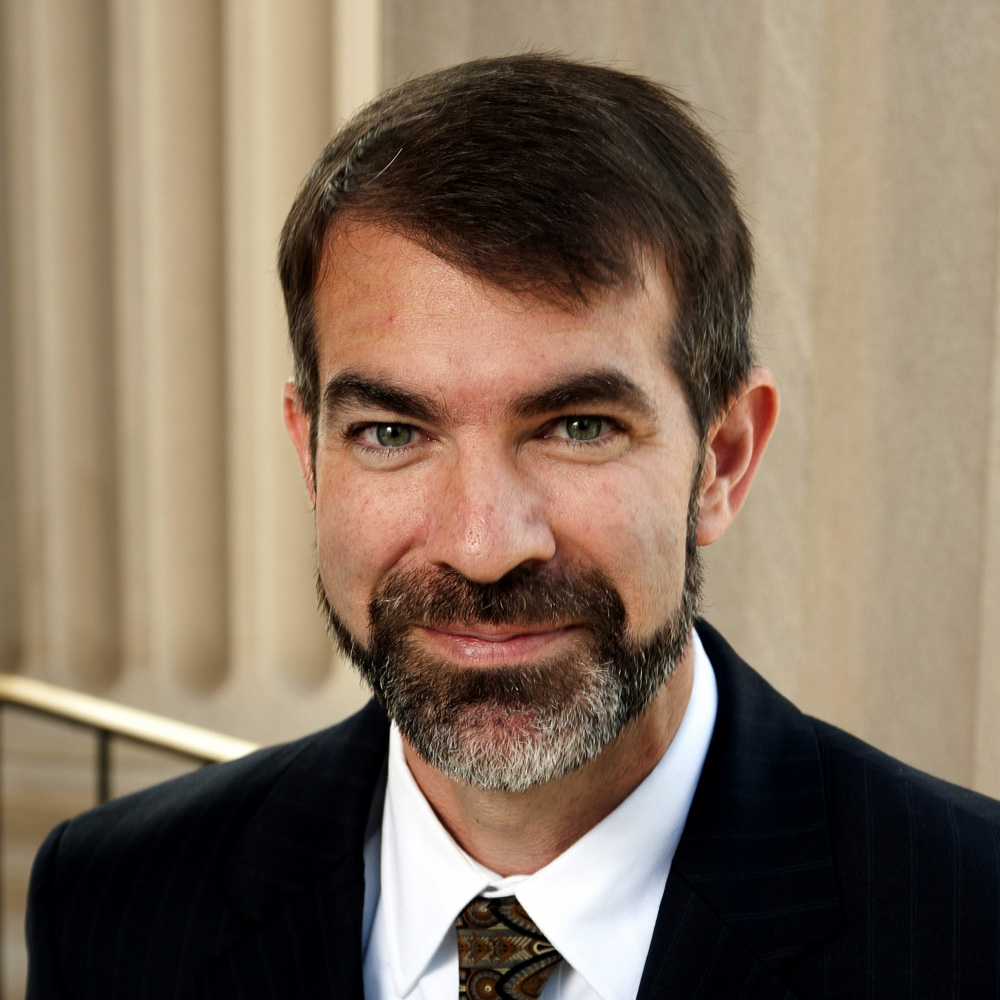
jrovner@smu.edu
On President-elect Trump’s grand strategy…
- “That’s hard to pin down, since his statements have been vague and contradictory.”
His views on foreign leaders…
- “Trump believes foreign leaders must respect and fear the United States. Yet his willingness to appease Russia suggests that his vision for national security is based on accommodating great power rivals rather than confronting them.”
His take on U.S. allies…
- “In one breath he suggests that they are happily free-riding on the U.S., but then suggests don’t trust Washington because of its weak and feckless foreign policy. Both of these things cannot be true.”
On defense spending…
- “Trump has promised a major increase in the defense budget and large increases in the size of the Army, Navy and Marine Corps. But it’s not clear what he will do with those new forces.”
On our involvement with the Middle East and Europe…
- “He claims that destroying ISIS is his priority, but he doesn’t want to commit a large force to the Middle East. And his desire to put more of the burden of defense on U.S. allies suggests a smaller U.S. presence in Europe and Asia.”
On his reputation among intelligence/national security insiders…
- “It’s unclear how Trump’s election will affect morale in the national security establishment. His casual dismissal of intelligence on Russian activities is surely troubling to the intelligence sector. Additionally, his casual remarks about nuclear weapons and torture have drawn bi-partisan scorn from national security officials. And his persistent criticism of U.S. military leaders is a worrisome sign for civil-military relations.“
Rovner is the John G. Tower Distinguished Chair in International Politics and National Security at SMU and director of its Security and Strategy Program (SAS@SMU).
Can Discuss:
- national strategy and security
- rise in far-right populism
Book published:
- Fixing the Facts: National Security and the Politics of Intelligence(Cornell University Press, 2011)
HUMAN RIGHTS LEADER: ELECTION REFLECTS ‘DISTURBING PATTERN’
IN U.S. HISTORY BUT ‘IN CHAOS THERE IS OPPORTUNITY’

rhalperi@smu.edu
On historical significance of this election …
- “We’re seeing the cyclical emergence of a disturbing pattern in American history. The embrace of bigotry, oppression, divisiveness and racism, which seems to arise in politics every several decades. In the 1920s we saw the rise of the Ku Klux Klan and nativism; and in the 1950s, we endured the anti-Communist Red Scare and witch-hunts led by Sen. Joe McCarthy. In the 1970s it was the rise of neo-Nazis after the end of the Vietnam War.”
On what the future may hold …
- “In chaos there is opportunity. Those who care about human rights and dignity – or will begin to care about those issues — should be energized. This is the moment not to feel defeated, but to get and remain on the high road, to lead by example and show respect for all people. We can do that by interacting more with the world around us, getting to know all people better, including ourselves.”
Halperin is director of the Embrey Human Rights Program at SMU, this year commemorating its 10th anniversary. SMU is one of only seven U.S. universities to offer an undergraduate degree in human rights. Halperin is three-time board chair of Amnesty International USA.
Can Discuss:
- Current events and history of human rights from national and international perspectives
- growing interest in human rights education
- social justice activism
STOCK MARKET TANKS AND THEN REBOUNDS, SO WHAT’S NEXT?
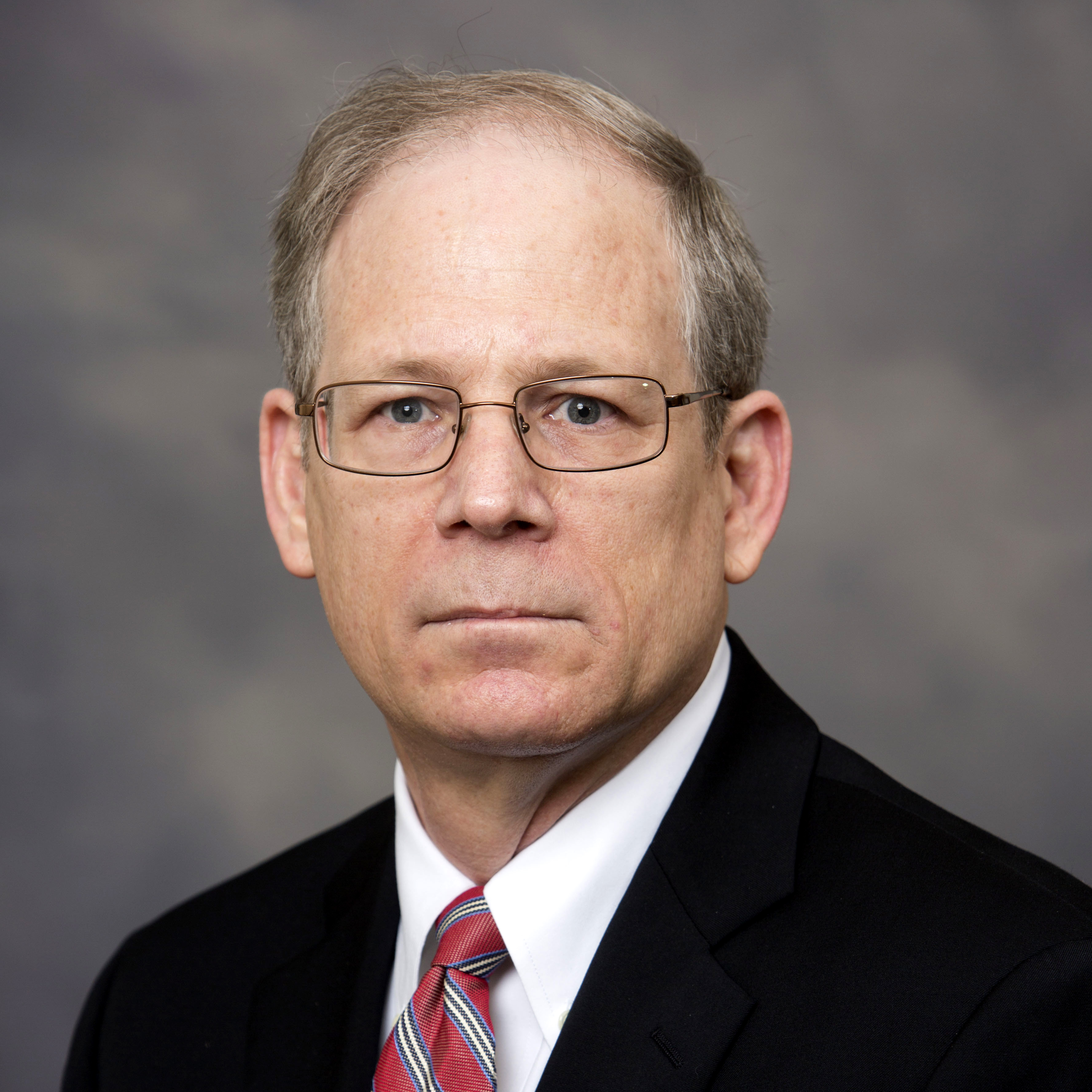
annam@mail.smu.edu
On the initial stock market reaction…
- “Stocks were down after the last two national elections, but recovered fairly quickly. Markets hate uncertainty, and this election has brought a great deal of it. Even now that the election is over, it’s uncertain how and whether President-Elect Trump will attempt to enact his/her election rhetoric.And, of course, control of the House and Senate also play into the mix.”
On what stock market investors/401K investors should anticipate...
- “For most people, the best course of action is to stick to their long-term strategic asset allocation plan. Timing markets is notoriously difficult, even for the professionals. After the ‘leave’ Brexit vote in the UK the majority opinion was that the stock market would crash. After an initial decline, the market is up for the year and above the pre-Brexit vote level.”
- “Investors looking to make a shorter-term tactical asset allocation changes should focus less on the election and more on where they see the economic cycle and whether they are bullish or bearish about the economy over the next 12 to 18 months.”
Shelly is a Professor of Practice in Finance in the SMU Cox School of Business.
Can Discuss:
- stock market analysis
- market volatility
- historical comparisons
COAL IS COOL AGAIN, EXPECT ENERGY REGULATION REPEAL
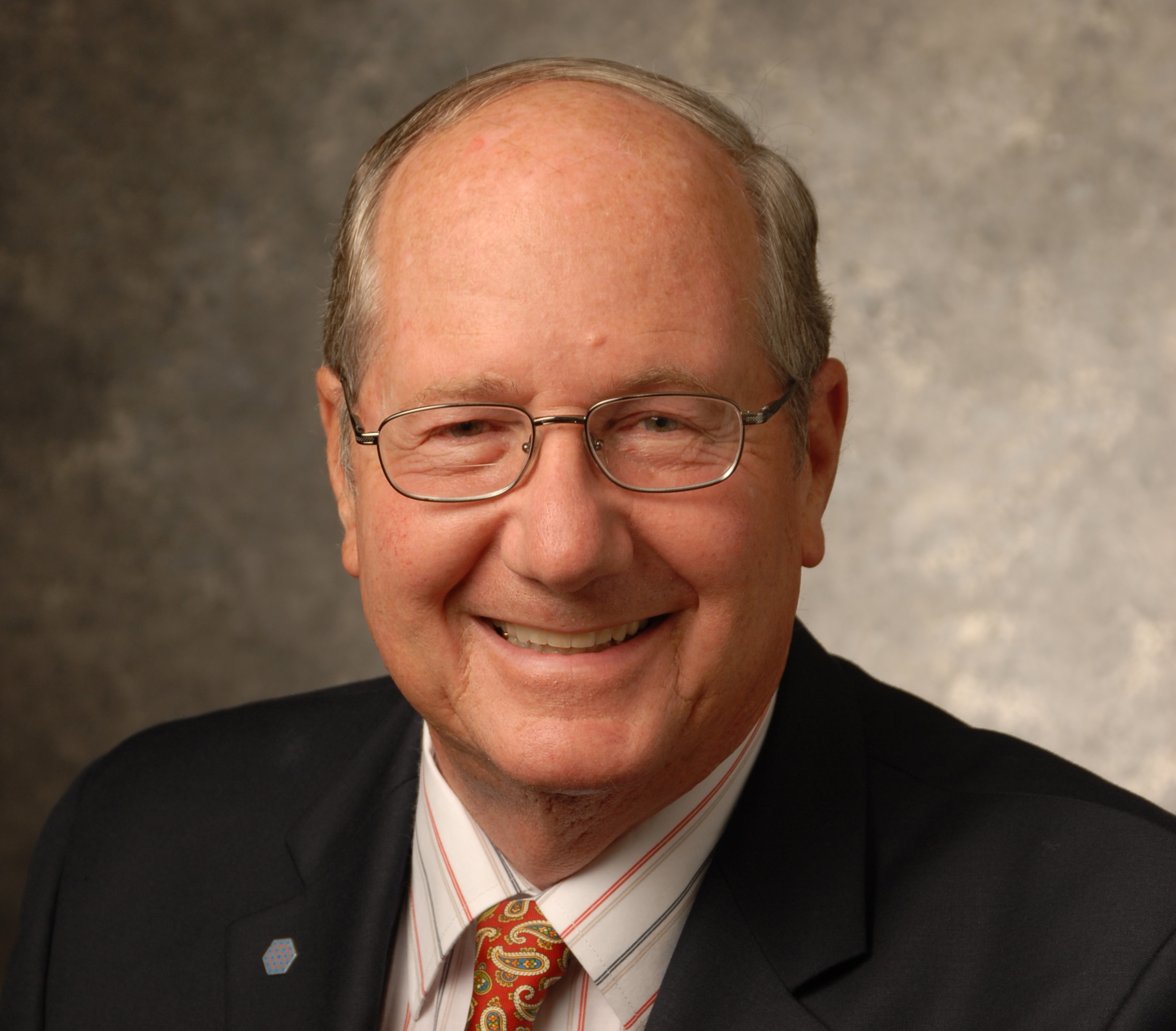
annam@mail.smu.edu
Is this good or bad news for the energy industry?
- “A Trump presidency, along with a Republican majority in the Congress, should be good news for the domestic energy industry.”
Will there be a change in energy policy?
- “After eight years of "regulatory overreach" designed to kill the coal industry and make it more expensive to produce U.S. oil and natural gas, we can expect more accommodating policies from the incoming President who understands the links between energy and economic growth.That's not to say we'll see a rollback of all energy and environmental legislation and regulation; but I believe the new Administration will rely more on technology and competition, as opposed to regulatory fiat, to achieve the nation's environmental goals."
Weinstein is the associate director of the Maguire Energy Institute at SMU Cox School of Business and a professor business economics.
Can Discuss:
- Texas energy industry specifically
- How the energy industry affects the economy
- Oil & gas prices
IS THIS THE END OF FREE TRADE?
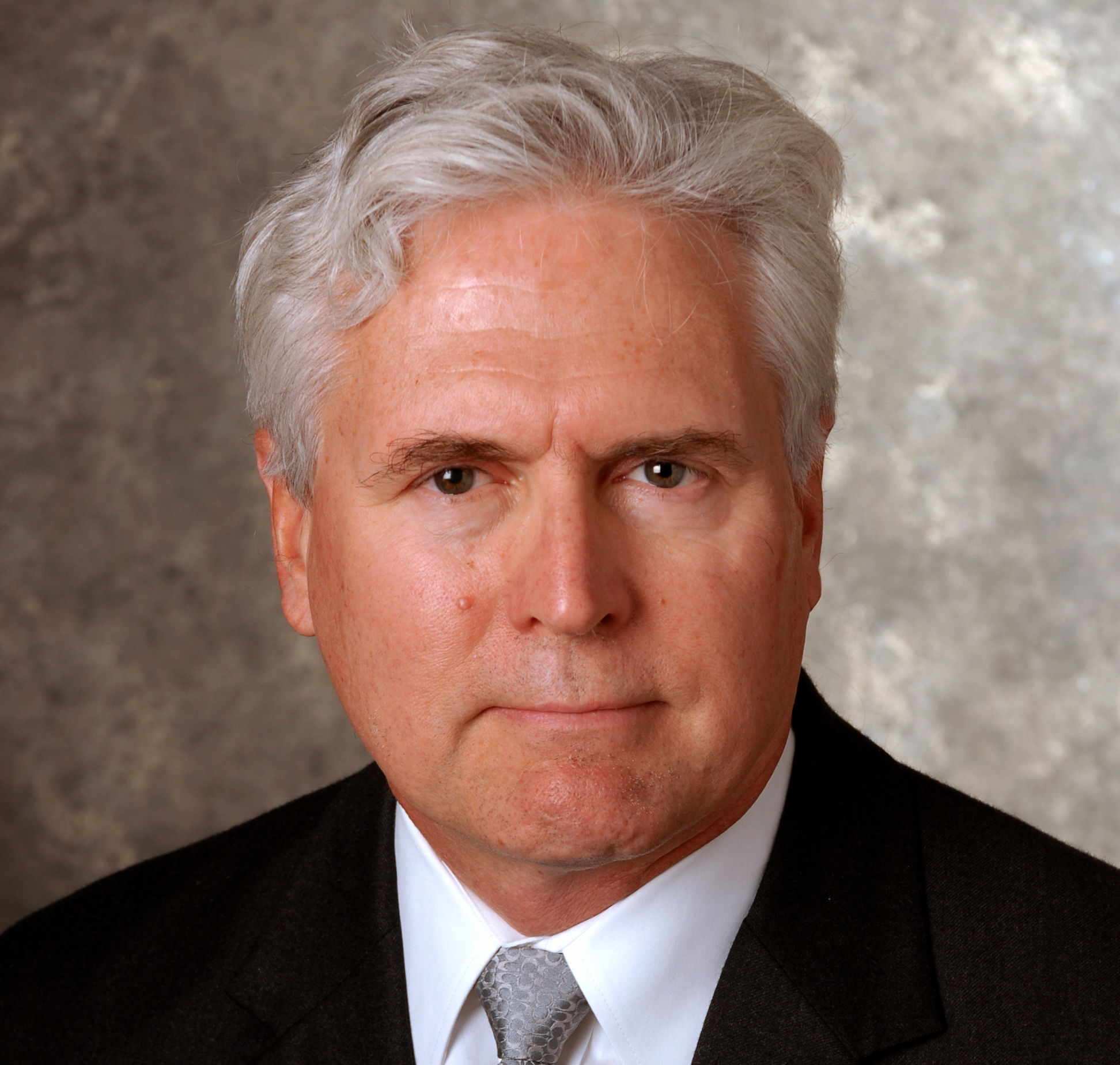
annam@mail.smu.edu
On how Trump will impact trade relations…
- “We can’t get a strong sense yet of what will happen, but there is strong apprehension in the rest of the world.”
On what this does to trade relations with Mexico…
- “Texas is a nexus for Mexico and the rest of the country. The peso dropped in value overnight, although it’s doing better today. Emotions are high at this moment, but this is an important economic relationship for Texas and the entire country, so the motivation to continue a positive relationship is strong.”
Davis is a senior lecturer of strategy and business economics in the SMU Cox School of Business. He also teaches finance.
Can Discuss:
- Trade relations with Asia & Europe
- Trade as part of the overall economy
- How trade impacts US/foreign relations
JUST HOW MUCH OF A POLLING UPSET WAS THIS, ANYWAY?

annam@mail.smu.edu
What happened to the pundit predictions?
- “The pollsters underestimated the turnout in areas where Trump support was strong, which in many cases, happened to be in swing states.”
Is this unusual?
- “Compare it to the prediction of a pro basketball player in the NBA. The odds he’ll get a free throw basket are 75%, but that’s a 25% chance he won’t get it. And that happens—they miss the free throw about 25% of the time. Those were about the same predictions for this election—so the pundits weren’t that far off.”
Braun is an associate professor of marketing in the Cox School of Business. Among other things, he teaches statistics.
Can Discuss:
- How do pollsters conduct their surveys
- Did people withhold their true intent in survey interviews
- Other reasons for the “surprise” results
###
SMU Uplink Facility
SMU has an uplink facility located on campus for live TV, radio, or online interviews.To book an SMU guest in the studio, call SMU News and Communications at 214-768-7650.
SMU is a nationally ranked private university in Dallas founded 100 years ago. Today, SMU enrolls approximately 11,000 students who benefit from the academic opportunities and international reach of seven degree-granting schools.
21883-nr-11/9/16-kr